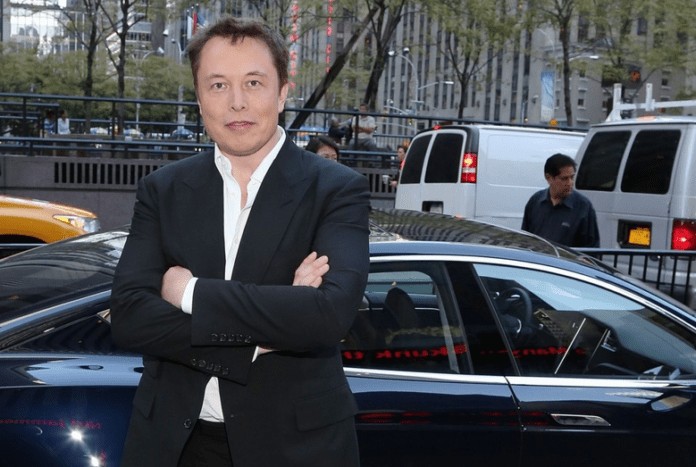In the run-up to the 2024 U.S. presidential election, Elon Musk, the CEO of X (formerly Twitter), has come under intense scrutiny for his alleged role in spreading disinformation that could influence the outcome of the vote. With nearly 1.2 billion views on posts flagged for containing misleading or false information, Musk’s involvement has sparked a significant debate about the role of social media platforms in modern elections.
Musk’s Influence on the Election
Musk, a known supporter of former President Donald Trump, has been accused of using his platform to disseminate false information that aligns with his political views. A report by the Center for Countering Digital Hate (CCDH) highlighted that Musk’s posts, which include claims about election fraud and immigration, have not been adequately fact-checked or moderated, raising concerns about their potential impact on voters.
One particularly controversial instance involved Musk sharing an AI-generated deepfake video of Vice President Kamala Harris, which mocked her and questioned President Joe Biden’s competency. The video, which Musk shared with a laughing emoji, was viewed by millions before Musk clarified that it was meant as satire. The lack of clear labeling and the massive reach of the post contributed to widespread misinformation (GG2) (The Independent).
The Broader Implications
The influence of X on the upcoming election cannot be understated. Since Musk acquired the platform in 2022, there has been a significant reduction in content moderation and fact-checking efforts, making the platform a hotbed for political misinformation. Critics argue that this creates a dangerous environment where falsehoods can spread unchecked, potentially swaying public opinion and affecting election outcomes.
Moreover, X’s AI chatbot, Grok, has also been implicated in spreading false information about voter registration deadlines. This misinformation, which was not corrected for days, has led to bipartisan concern and a formal request from secretaries of state to improve the platform’s accuracy in providing critical voter information (The Independent).
Calls for Accountability
As the situation continues to develop, there is growing pressure on regulatory bodies, advertisers, and the public to hold Musk accountable for the content shared on X. The platform’s role in spreading disinformation could have far-reaching consequences, not only for the integrity of the 2024 election but also for public trust in democratic processes.
The debate over Musk’s actions and the potential consequences of his influence on the election underscores the challenges of managing misinformation in the digital age. With the election drawing closer, the role of social media platforms like X will be closely watched, and the implications of Musk’s actions may have lasting effects on both the election and the broader landscape of online discourse.





